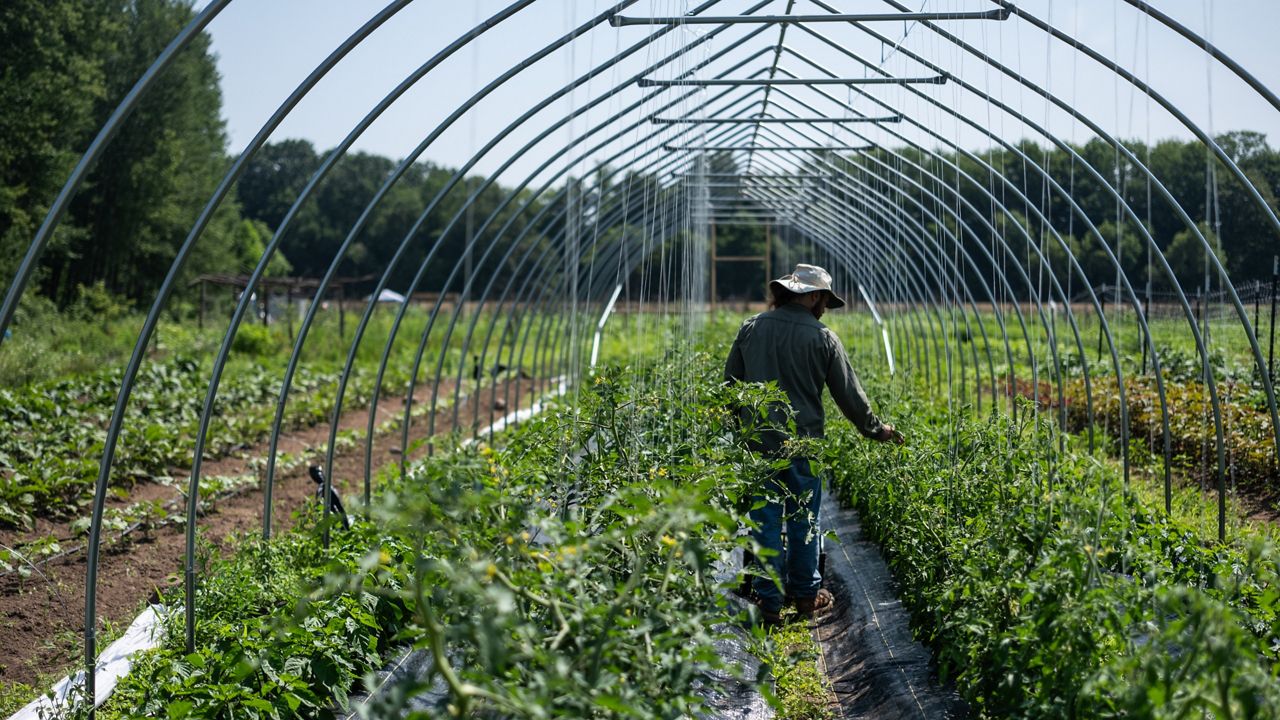A local nonprofit is helping refugees in the Syracuse area jumpstart a return to their farming roots at a time when access to farmland has become increasingly difficult and more expensive.
“Our mission statement is to grow food, culture and communities through the cross-cultural exchange for food traditions with access to farmland, education and economic opportunities,” said Jacob Gigler-Caro, executive director of the Salt City Harvest Farm is a 36-acre farm in Kirkville.
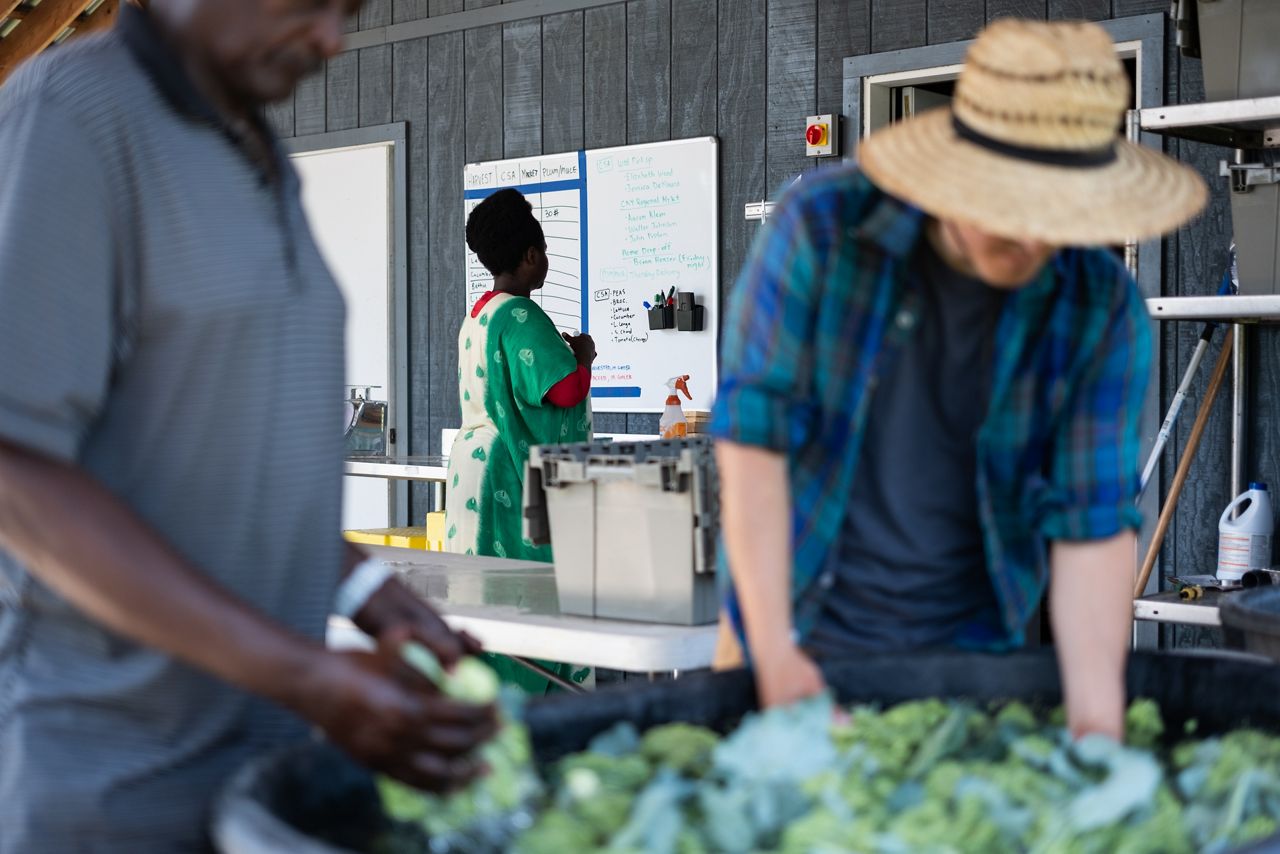
Established in 2012, the farm leases one-eighth of an acre each to eight farmers and their families, who operate the land like a community garden.
Gigler-Caro said they are able to pay farmers market value for products and either distribute the food to local food pantries or sell it through the CSA program and the CNY Regional Market.
“They come from five different countries from around the world,” he said. “They grow food for themselves, their friends, their family, their community or we will market it.”

With a grant the farm received from the New York Department of Agriculture and Markets, Salt City Harvest Farm pays farmers between $400 and $700 per month for their crops.
In addition to the plots they lease, a few organizations use the land, too, such as the Deaf New American Advocacy.
Manika Gautam, 36, the farm manager at Salt City Harvest Farm, started working there in 2014 as a farmer. Originally from Nepal, Gautam’s family are farmers back home, where she helped as a teenager.
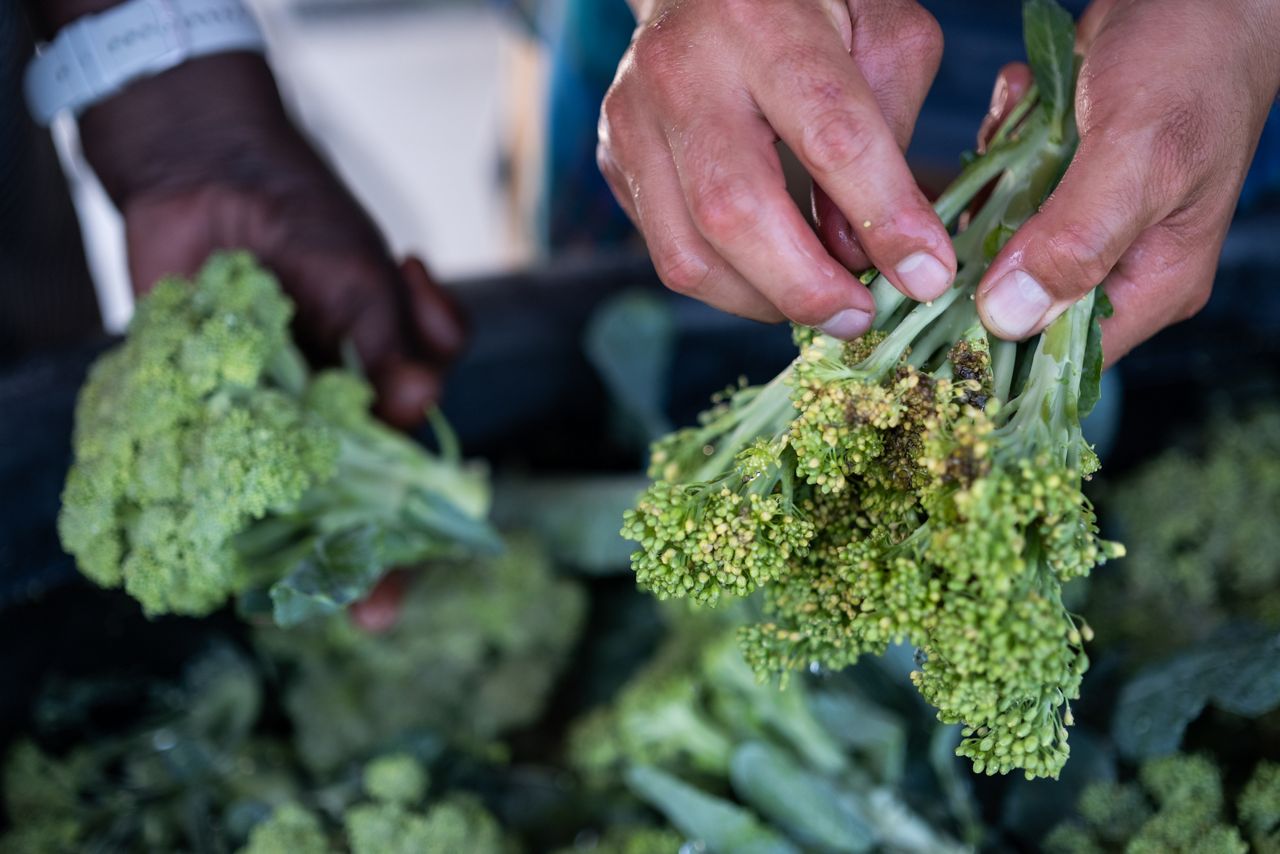
She grows a variety of vegetables, including Nepali long beans, peppers and tomatoes.
“I wanted a learning opportunity here,” Gautam said. “I love farming and to grow organic vegetables, it is a little exercise also.”
Gautam, who immigrated to the United States in 2013, said learning and spending time together is one of the most meaningful things about working in the field.
“Some people have told me, it's very hard, very difficult. Why are you farming? And I say it’s because of the company,” she said.
A full-time path
This year, Salt City Harvest started a new full-time farm apprentice program with the goal of a refugee taking over management of another nearby farm.
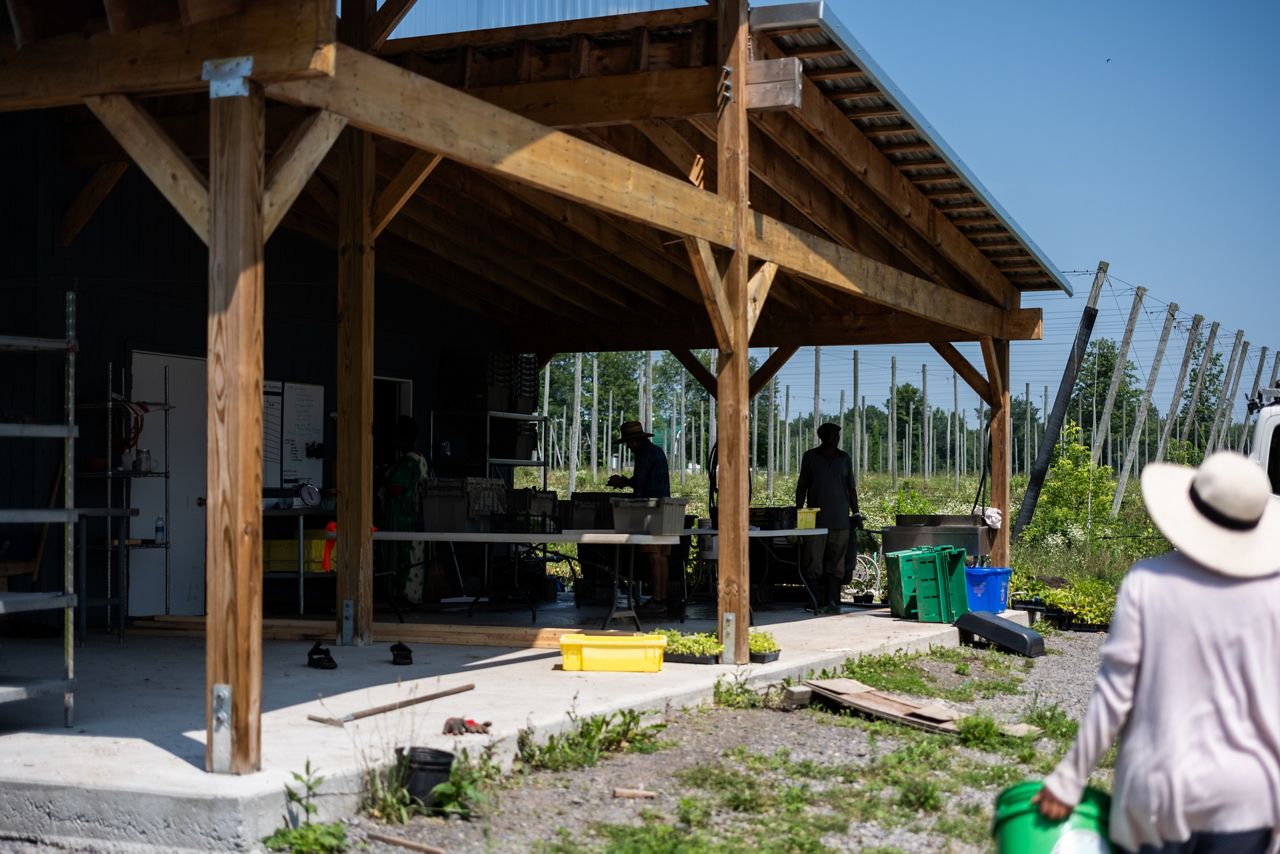
“I would love for one of them to take it on as their own and develop their own relationship with the landowner,” Gigler-Caro said. “It’s just trying to find people who have land in the area and connecting our farmers here and elsewhere to those people.”
The apprentice program is a step toward a refugee owning their own land, which can be a difficult goal to attain.
Farmland prices have reached a record high of $3,800 per acre, according to the USDA, making it often out of reach for new farmers. In New York, the average price per acre in 2022 was $3,450, with 205 acres as an average size plot sold. To lease an eighth of an acre at Salt City Harvest Farm, it costs $50 per year plus fees for water and other supplies.
“It’s easy for a retiring farmer to say I'll take the million dollars for my land rather than trying to find somebody who’s going to be the next generation to sort of steward and take care of the land,” Gigler-Caro said.
The demand for farmland is bigger than most people think, he said.
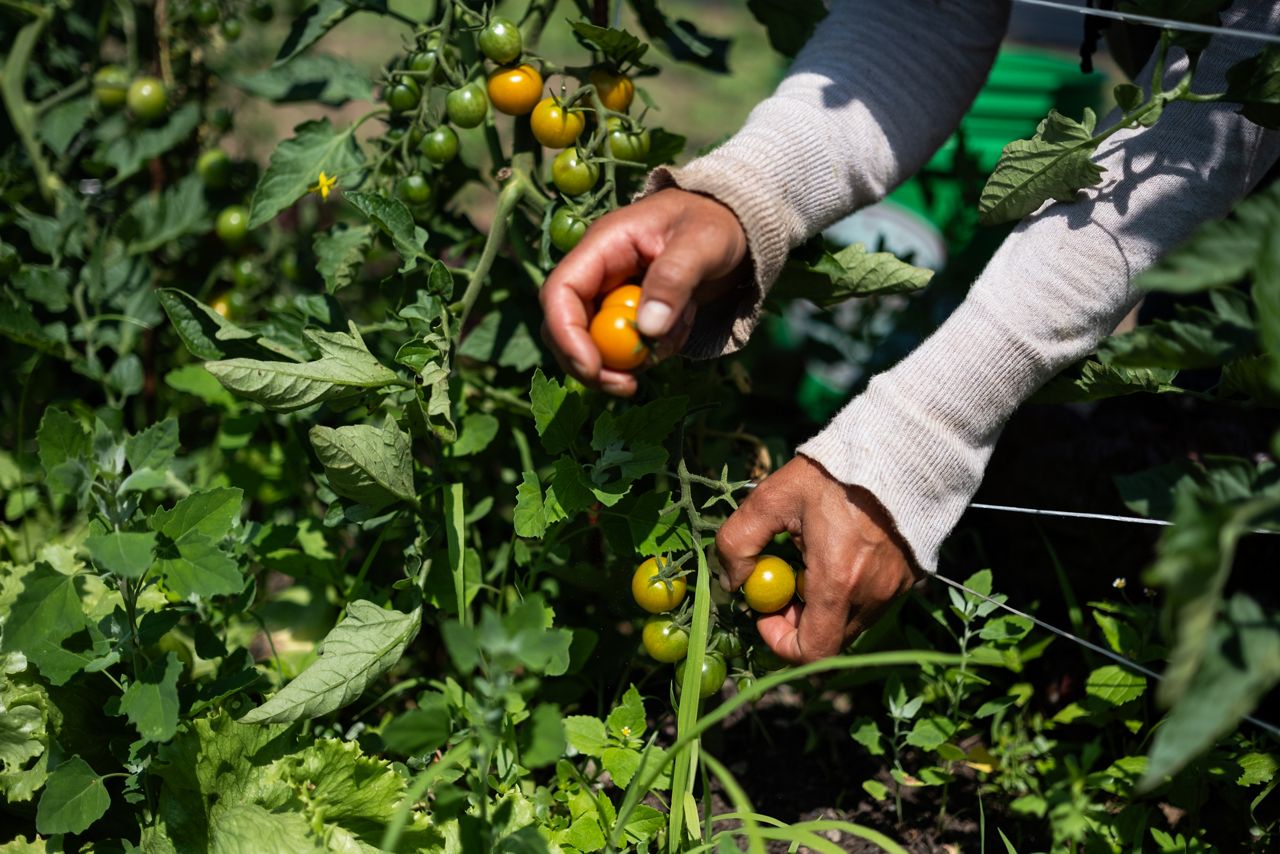
“There’s a huge demand for people who want to have a bigger garden, but they live in the city and people who want to establish a farm-based business, so that’s what we’re trying to do here,” he said.
Ngirimana Sifa, 32, one of the farm apprentices, was born in the Democratic Republic of Congo, and her parents are originally from Burundi. She grows lenga-lenga (a leafy green), African eggplant and beans.
“It’s something that I love to do, I come from a farming background, and I love to farm especially organic food,” Sifa said.
Sifa’s 73-year-old father, Jean-Pierre Nyankurubike, also a farm apprentice, grew up farming in different countries. Gigler-Caro said Nyankurubike is known around the farm for growing African eggplant, and while he is an apprentice, he has more farming knowledge than anyone on the farm.
Nyankurubike and Sifa came to the United States in 2007 after the opportunity arose while they were in a refugee camp in Tanzania.
“I get to meet people from different cultures, people from different cultures they depend on the food and [the Salt City Harvest] farm. It also helps me stay active and exercise,” Nyankurubike said. “I just enjoy being here.”
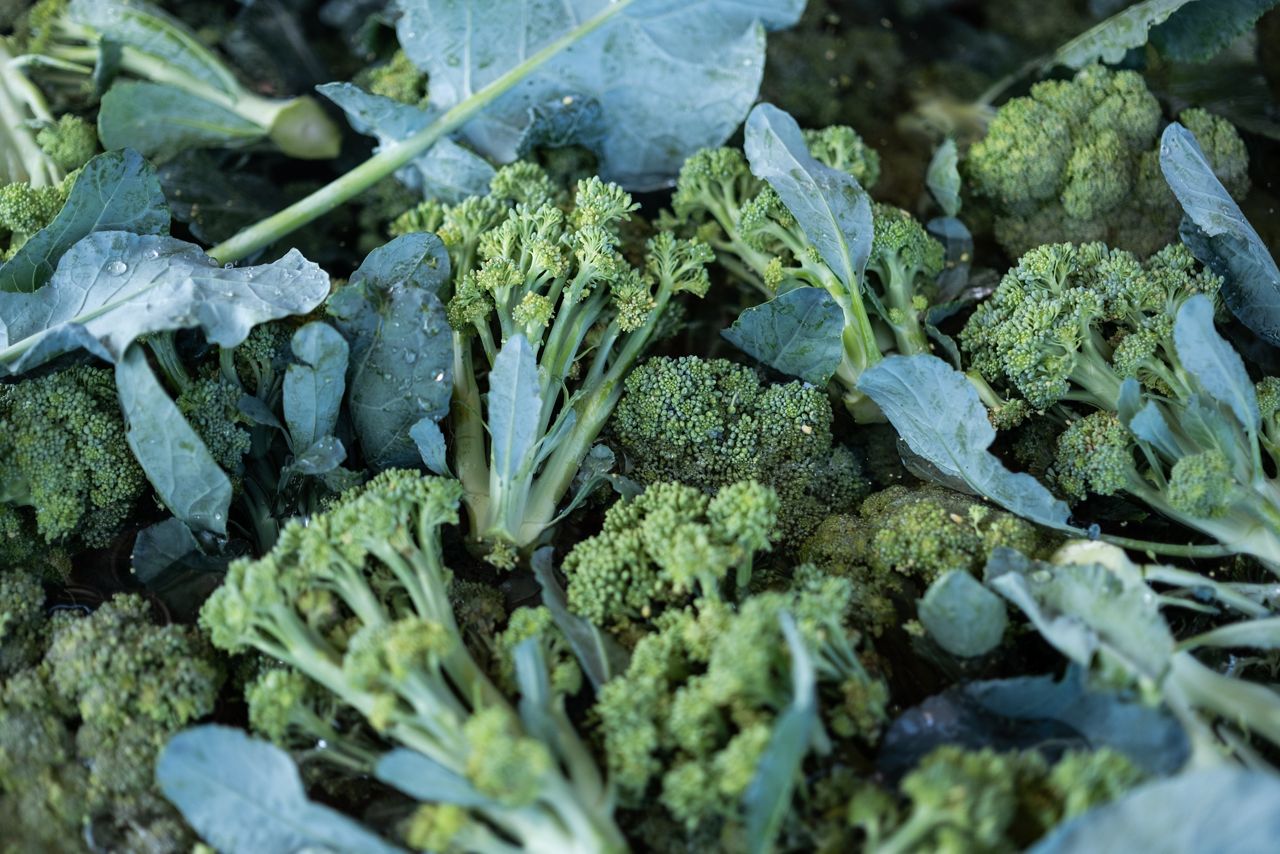
Ryan Fitzgerald, another farm apprentice and graduate student at Syracuse University, said learning to farm alongside refugees has been a rewarding experience.
“I think for me, getting to develop a sense of connection to the people, but also to the land and all the different plants. The thing that has stuck out most has been working with all the different organisms doing their own independent thing, but working together,” Fitzgerald said.
Challenges of unique crops
Upstate New York’s colder climate makes growing culturally specific foods native to countries like Nepal, Burma and Burundi a challenge, Gigler-Caro said.
Currently, Gigler-Caro and Gautam are attempting to acclimate Dalle Khursani, a hot pepper commonly grown in Nepal and added to pickles, paste and sauces.
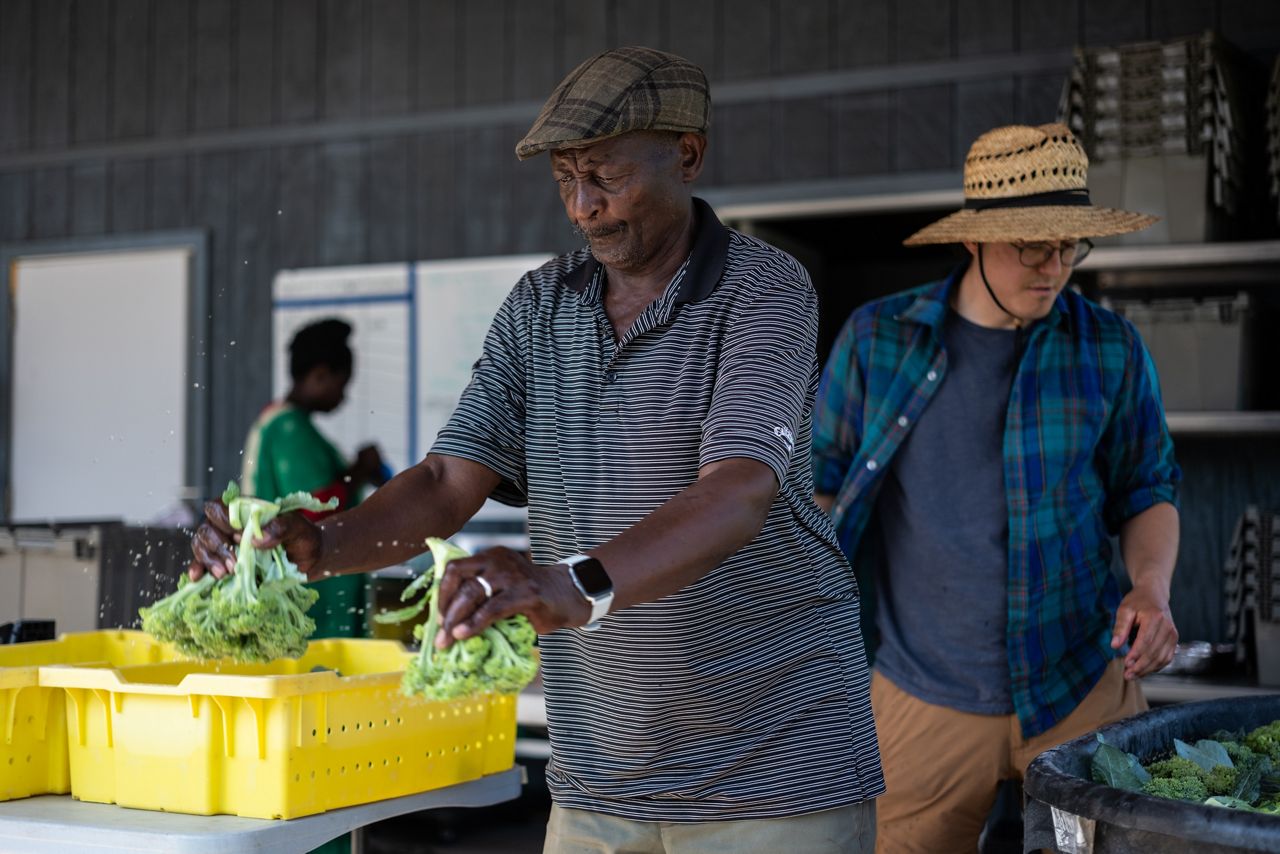
“We’re trying to keep it isolated as much as possible to be able to save and select seeds from it in hopes of starting a DIY breeding project,” Gigler-Caro said.
“We’re not in Thailand or in Burma, so we try to grow certain things. We can’t grow cassava, which is a pretty culturally important crop in many different communities,” he said, referring to a root vegetable native to Brazil. “But I think if we had bigger structures like heated greenhouses, we could trial grow some of those crops.”



